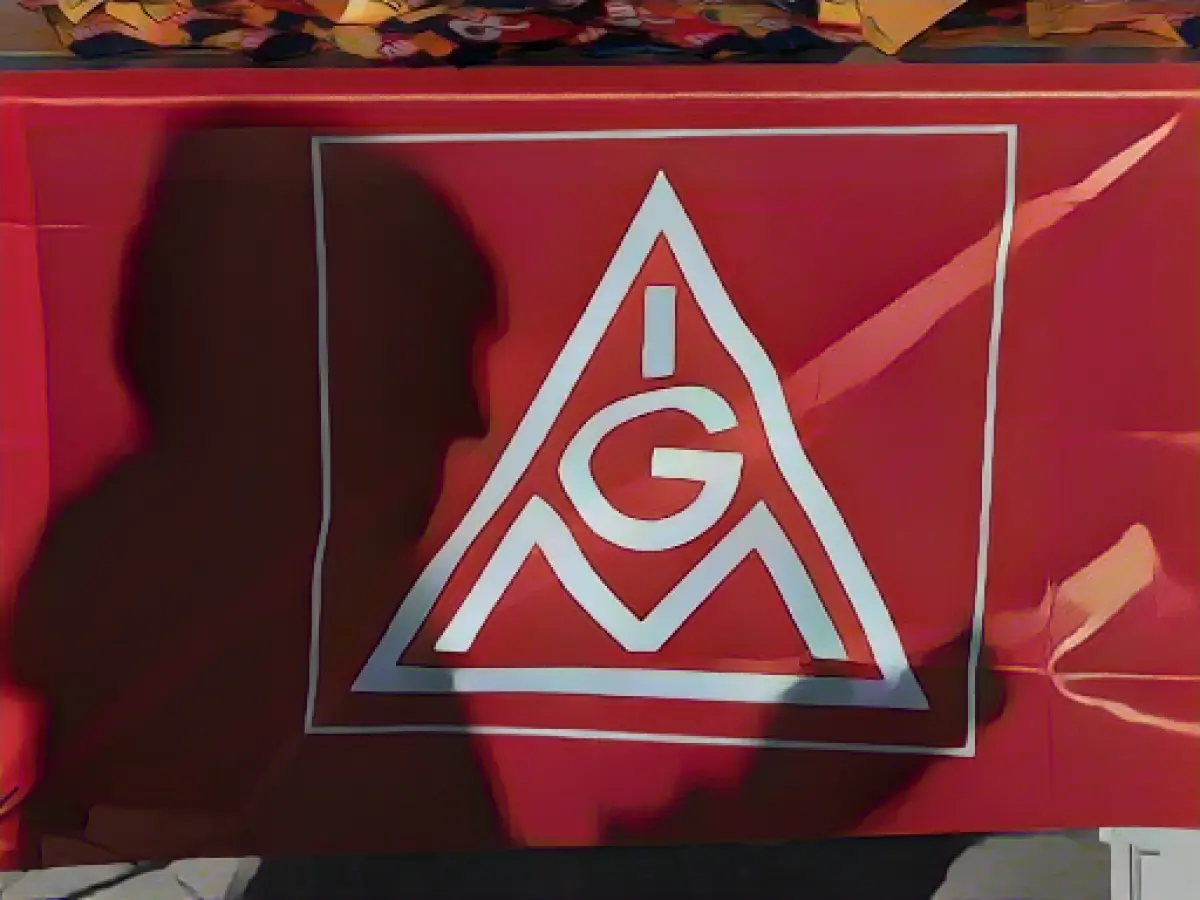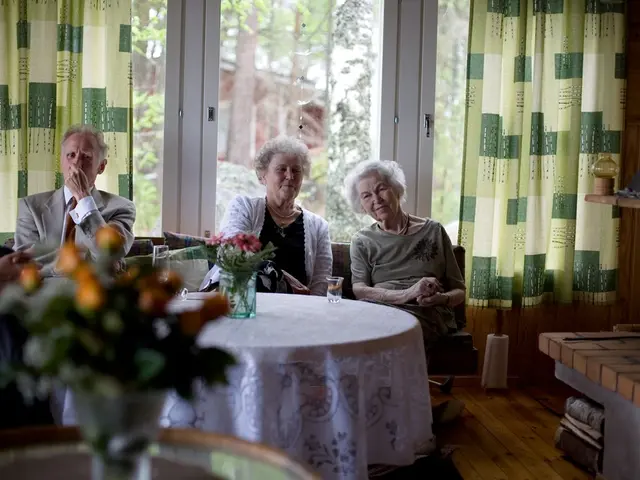Steel Wage Negotiations: A Showdown in Germany
Wage bargaining for the German steel sector, encompassing North Rhine-Westphalia, Bremen, Lower Saxony, and the eastern territories, kicked off with an employer proposal in Düsseldorf. The employers suggested a salary hike of 3.1%, stretching over 15 months. However, IG Metall, the steelworkers' union, quipped this offer as "far from sufficient." They are instead advocating for a 8.5% increase over 12 months to counteract the impact of high inflation on employees' purchasing power.
The union underlined the detrimental effect of persistent high inflation over the past year and a half on the disposable income of many workers. On the contrary, employers argue that considering the anticipated inflation of less than 3%, the 8.5% demand appears outdated. The opening round took place jointly in Düsseldorf for the two collective bargaining districts.
IG Metall's call for a 32-hour workweek with full pay compensation received a firm rejection from the steel employers' association, which deemed it infeasible and financially untenable. Dirk Schulze, IG Metall Berlin-Brandenburg-Saxony's district manager and leading East German steel industry negotiator, argued that reducing working hours could promote a healthier work-life balance, particularly for young individuals. This, in turn, would serve as a competitive advantage against other sectors, leading to lower absences due to illness and higher productivity, Schulze asserted.
Knut Giesler, IG Metall NRW district manager and lead negotiator for NRW, emphasized the social responsibility of employers. Giesler argued that implementing reduced working hours would safeguard employment and wages, given the impending transformation to direct reduction plants in green steel production, which would necessitate a decreased workforce.
The steel and iron industry employs approximately 68,000 people in North Rhine-Westphalia, Bremen, and Lower Saxony, while the East German steel industry employs around 8,000 people. Upcoming negotiations have been scheduled for November 23 for the North Rhine-Westphalia, Bremen, and Lower Saxony steel industry, while the parties aim to continue the East German steel industry negotiations on November 24. The peace obligation concludes by the end of November.
Enmeshed in the negotiations' backdrop, union representatives identify the proposed 3.1% wage increase as subpar compared to the escalating cost of living. Employers, conversely, find IG Metall's proposition for a 32-hour workweek with full pay compensation financially unrealistic.
Reference(s):
[1] [2] [3]








